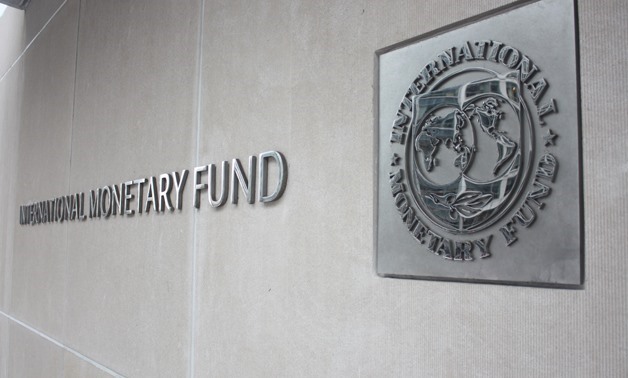
International Monetary Fund (IMF) - CC Wikimedia
DUBAI - 13 November 2018: Growth among the six-member Gulf Cooperation Council states should reach 2.4 percent in 2018 and 3 percent in 2019 after a 0.4 contraction in 2017 as state investment projects increase, the IMF said in its autumn regional economic outlook report.
Economic growth in the energy-rich Gulf will recover in 2018 from a contraction last year but remains vulnerable to volatility in crude oil prices, the IMF forecast on Tuesday.
The global lender predicted that an overall energy price recovery from 2015-2016 lows would spur the economies of the six-nation Gulf Cooperation Council to grow by 2.4 percent in 2018 and 3.0 percent in 2019, after a contraction of 0.4 percent last year.
Oil revenues for MENA exporters have increased by about 260 billion dollars (230 billion euros) over the period 2016 to 2018.
Grouping Bahrain, Kuwait, Oman, Qatar, Saudi Arabia and the UAE, the GCC states together pump over 17 million barrels per day and depend heavily on crude revenues.
But "the growth outlook for oil exporters remains subject to significant uncertainty about the future path of oil prices," the IMF said in its Regional Economic Outlook for the Middle East and North Africa (MENA).
For oil-importing countries in MENA, growth is expected to continue at a modest pace of 4.5 percent in 2018, before dropping back to four percent next year, the IMF said.
This level of growth is not sufficient to create the required jobs for a region marred by instability and civil strife, it said.
The IMF urged GCC states to continue with and expand reforms, welcoming the imposition of value-added tax by Saudi Arabia and the UAE.
It also called on GCC countries to impose corporate and personal income tax in order to diversify their revenue streams.
Comments
Leave a Comment